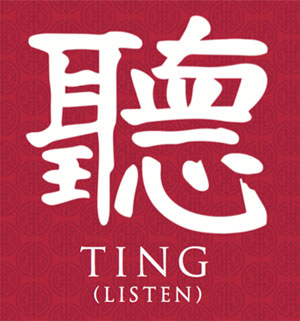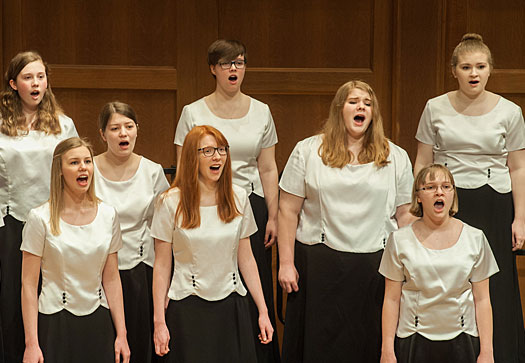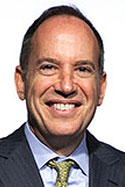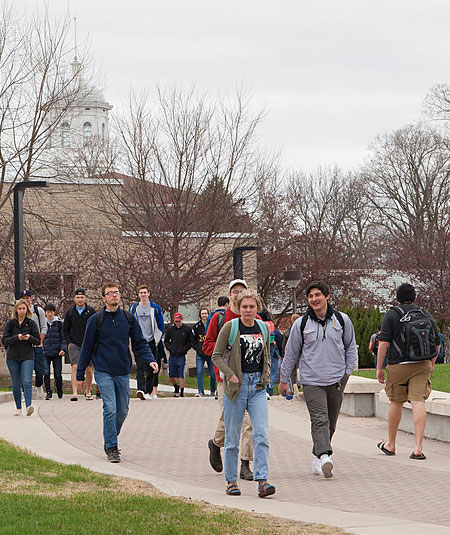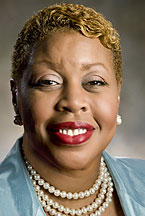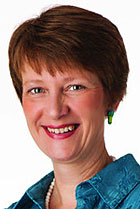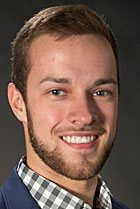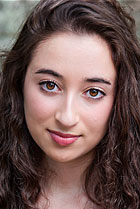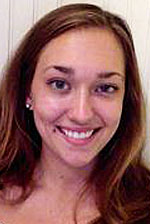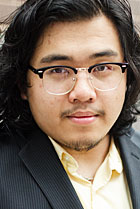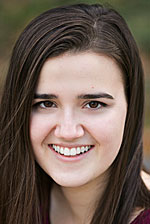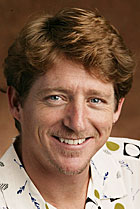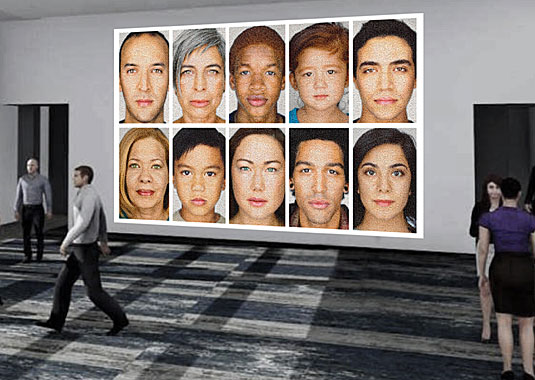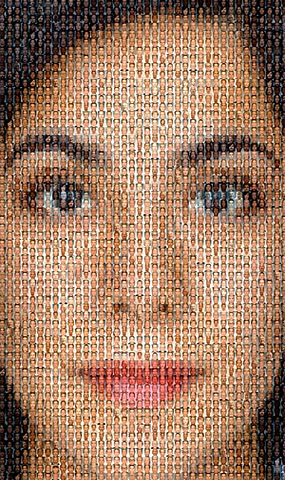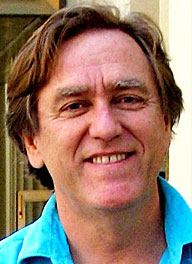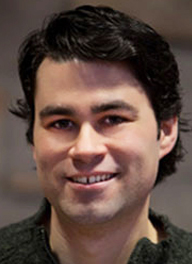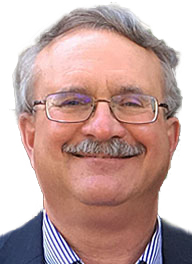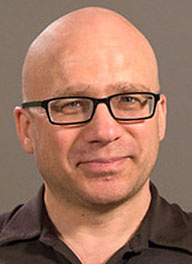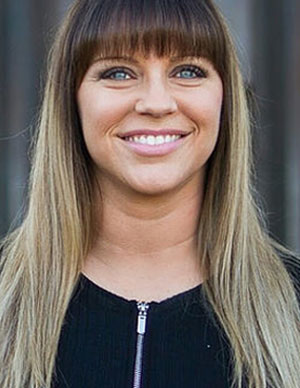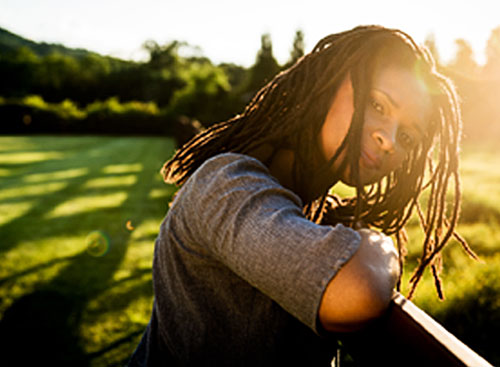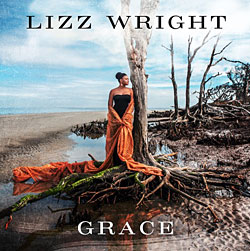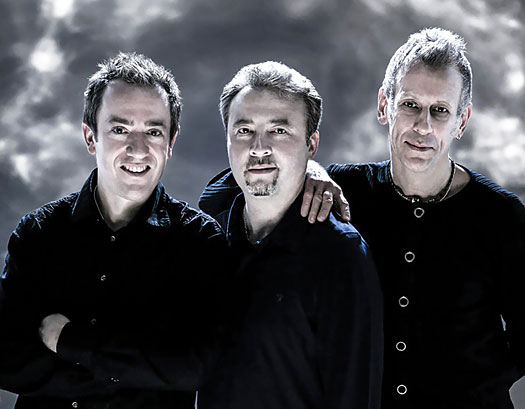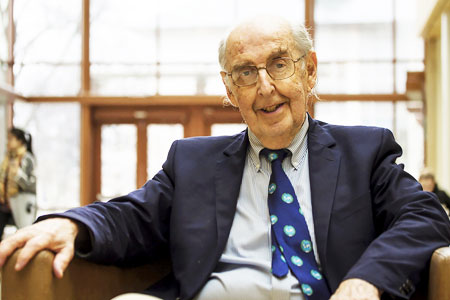With two of the country’s biggest holidays of the year — Christmas and New Year’s — on the horizon, the one thing no one wants to toast this holiday season is the dreaded hangover.
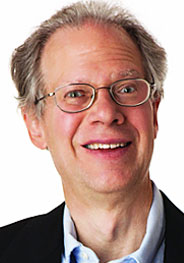
As people ready corks to pop and glasses to clink, Lawrence University psychology professor Bruce Hetzler, who also teaches in the neuroscience program, shares some insights on the holiday hangover: how to avoid it, what causes them and how to treat it if you have one.
A member of the International Society for Biomedical Research on Alcoholism, Hetzler teaches psychopharmacology at Lawrence, a course that deals with the effects of drugs on behavior. His research has led to the publication of nearly a dozen scientific papers that examine the effects of alcohol on rats.
“Rats are not simply little people. They are different,” he said, “but, they do metabolize alcohol in the same way as humans. There has been very little scientific research conducted on hangovers. Even though they are very prevalent, research is lacking.”
Throwing cold water on most party plans, Hetzler says there is one sure-fire way to avoid a hangover: don’t drink alcohol.
While alcohol abstinence is the only guaranteed way to make it through the holidays without the headache and nausea frequently associated with hangovers, there are ways to at least minimize the odds of getting one.
“Developing a hangover depends on a number of things, including the type of alcoholic beverage consumed, the amount consumed and the duration of drinking,” Hetzler explained. “You’re least likely to develop a hangover if you drink compounds that consist mainly of just alcohol like gin and vodka. Consuming alcoholic beverages like red wine, bourbon or whiskey are more likely to lead to a hangover.”
Darker-colored alcohols contain more “congeners” — compounds that are either added or byproducts of the manufacturing process that contribute to the color, taste and smell of the beverage. While the amount of alcohol consumed is a major factor in having a hangover, the hangover is actually produced when the blood alcohol level falls. It reaches its maximum level when the blood alcohol level is zero.
The popular, but unproven, “hair of the dog” cure is one Hetzler doesn’t recommend.
“You don’t want to drink again when your blood alcohol is zero. It will mitigate the hangover, but it can produce other problems and you’ll get a hangover again when that alcohol wears off.”
Imbibing on spirits aside, Hetzler says one’s personality can also be a factor for hangovers. While no one has been able to determine why, if someone is more defensive or feels guilty about drinking, they are more likely to develop a hangover while a happy, positive person is less likely.
“But that doesn’t mean the positive person still won’t develop one,” he added with a smile.
Genetics can also play a role. Someone with a family history of alcoholism is more prone to developing a hangover.
Beyond the typical ailments associated with hangovers, starting with a severe headache and vomiting, Hetzler says sluggishness, vertigo, heightened sensitivity to noise and light and personality changes are common symptoms. More seriously, because of the way alcohol affects the brain, one’s sympathetic nervous system ramps up, producing an increase in heart rate and blood pressure.
While prevention is the best approach, should moderation fail, Hetzler says there are things that can help mitigate, but alas, there are no known “cures” for a hangover.
“It helps to eat before you drink,” said Hetzler, who dealt with his own one and only hangover as a college freshman. “Food helps absorb the alcohol. Drink water to replenish lost fluid since alcohol causes dehydration. For the headache, take aspirin or ibuprofen but not acetaminophen, the active component in Tylenol. Acetaminophen can damage the liver and alcohol can damage the liver and the two in combination can really cause damage.”
Hetzler cautions against relying on products marketed as hangover cures.
“People should be leery of anything touted as a cure or treatment that they might find over the counter at gas stations, grocery stores or even pharmacies. The Dietary Supplement Health Education Act of 1994 severely restricts the Food and Drug Administration’s ability to exert control over dietary supplements and herbal products or vitamins. You can find things touted as a treatment for a hangover, but you don’t know if it’s safe, you don’t know if it is effective, because the FDA has not evaluated it.”
Since it can take as long as two days to fully shake the effects of a hangover, Hetzler says the best course of action is to simply practice patience.
About Lawrence University
Founded in 1847, Lawrence University uniquely integrates a college of liberal arts and sciences with a nationally recognized conservatory of music, both devoted exclusively to undergraduate education. It was selected for inclusion in the book “Colleges That Change Lives: 40 Schools That Will Change the Way You Think About College.” Engaged learning, the development of multiple interests and community outreach are central to the Lawrence experience. Lawrence draws its 1,500 students from nearly every state and more than 50 countries.
